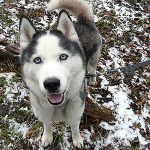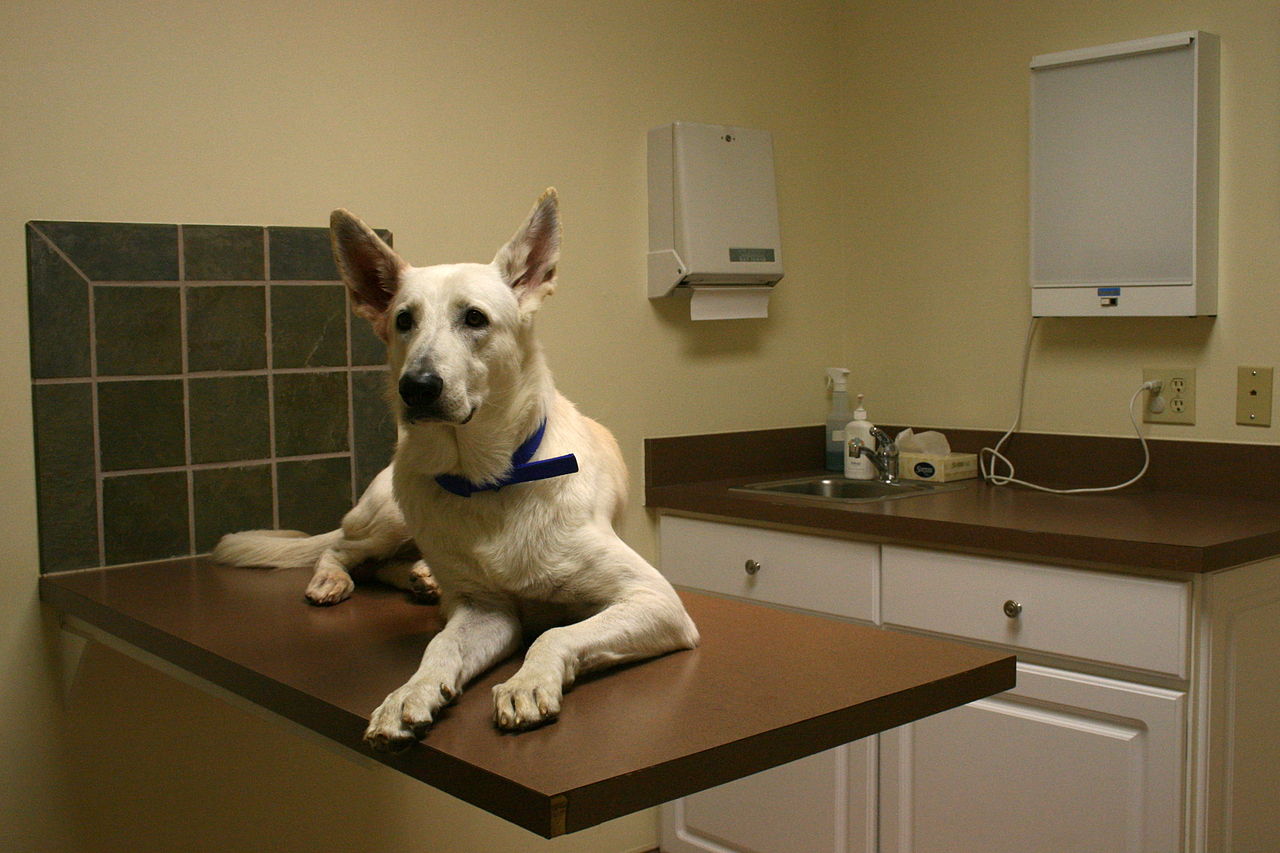Lymphedemia is a swelling due to improper drainage of the lymph system. German Shorthaired Pointers, poodles, Labrador retrievers and Old English Sheepdogs are prone to this disease. Symptoms Swelling of the legs that typically starts at the foot and advances toward the body. This most commonly happens in the hind legs. Swelling of the chest,abdomen, […]
Dog Diseases
There are a number of diseases dogs are prone to and I’ll talk about some of them here. I’ll also try to include specific breeds of dog that are prone to certain illnesses and diseases.
I would advise you to be aware of your dog’s normal behavior. Signs of illness can be lack of appetite, decreased activity, weakness, not drinking much, not grooming, bad breath, sleeping more than usual, drooling, vomiting, diarrhea, coughing, trouble breathing, frequent and/or bloody urination. If your dog exhibits any of these symptoms or any behavioral changes and you are unsure of what to do, seek the advice of your veterinarian.
Things you need to know:
The normal color of a dog’s gums is pink. Pale, white, blue or yellow gums, contact your vet at once.
Normal temperature for a dog is 100-102.5 degrees Fahrenheit. Less than 99 degrees or over 104 degrees, contact your vet immediately.
A dog’s heart rate slows and speeds with each breath. This is not abnormal. You can check the heart rate by finding the femoral artery inside the back leg. Small dogs and puppies heart rate is 120-160 beats per minute. Dogs that are about 30 lbs. have a rate of 60-120 beats per minute. The larger the dog, the slower the heart rate.
A dog’s normal respiration rate is 10-30 breaths per minute. Panting can be up to 200 pants per minute.
To check if your dog is breathing, hold a tissue or mirror up to his nose. If there is movement or breath on the mirror, your dog is breathing, but get him to the vet immediately.
Problem signs are using the abdominals to breathe, gasping, loud noises, shallow breaths, difficulty exhaling. Call your vet immediately.
If you have any questions, I’ll be happy to answer them.
Note: Many new pet owners do not know about the availability of pet health insurance. Insurance for your dog is a great safety net to have for unforeseeable emergencies or illnesses. It is also helpful in covering routine shots and exams. Some plans start at just five dollars a month. To compare pet insurance plans in your area check out the link above.

Diabetes in Dogs
Diabetes occurs when the pancreas does not produce enough insulin. Signs of a diabetic dog are increased urination, extreme thirst, hunger, constant tiredness and weight loss. If your dog is showing any of these signs, a veterinary examination is necessary, Your vet may suggest blood and urine tests. If the tests are positive, your dog […]

Chondrodysplasia
Chondrodysplasia is a genetic deformation disorder which can result in crippling deformities in dogs. Sometimes mislabeled as “dwarfism”, this condition is actually presented as abnormally short and deformed limbs. In some breeds, such as dachshund and basset hound, these leg formations are “normal.” Alaskan Malamutes and Havanese seem to have a higher incidence of this […]

Copper Toxicosis
Copper Toxicosis occurs due to excess accumulating of copper in the liver, resulting in chronic hepatitus. If not treated properly , the affected dog can die because too much copper in the body may be toxic. Failure in excretion mechanism may result in accumulation of toxins such as copper in the liver . And this […]

Renal Dysplasia
Renal Dysplasia is a very serious disease caused due to abnormal development and function of the kidneys. There is currently no cure for this disease and is said to affect puppies and young dogs . What are the symptoms for this disease ? The early symptoms include excessive thirst and frequent urination, appetite and weight loss […]

Eye Problems in Dogs
Third Eyelid – If your dog’s third eyelid is visible and protrudes or there is a red lump in the inner corner of the eyes, consult your vet at once. Entropion – the eyelid turns inward with lashes causing severe irritation to the eye. The Pointer, German Shorthaired Pointer, Clumber Spaniel, Anatolian Shepherd, Great Pyrenees, […]
